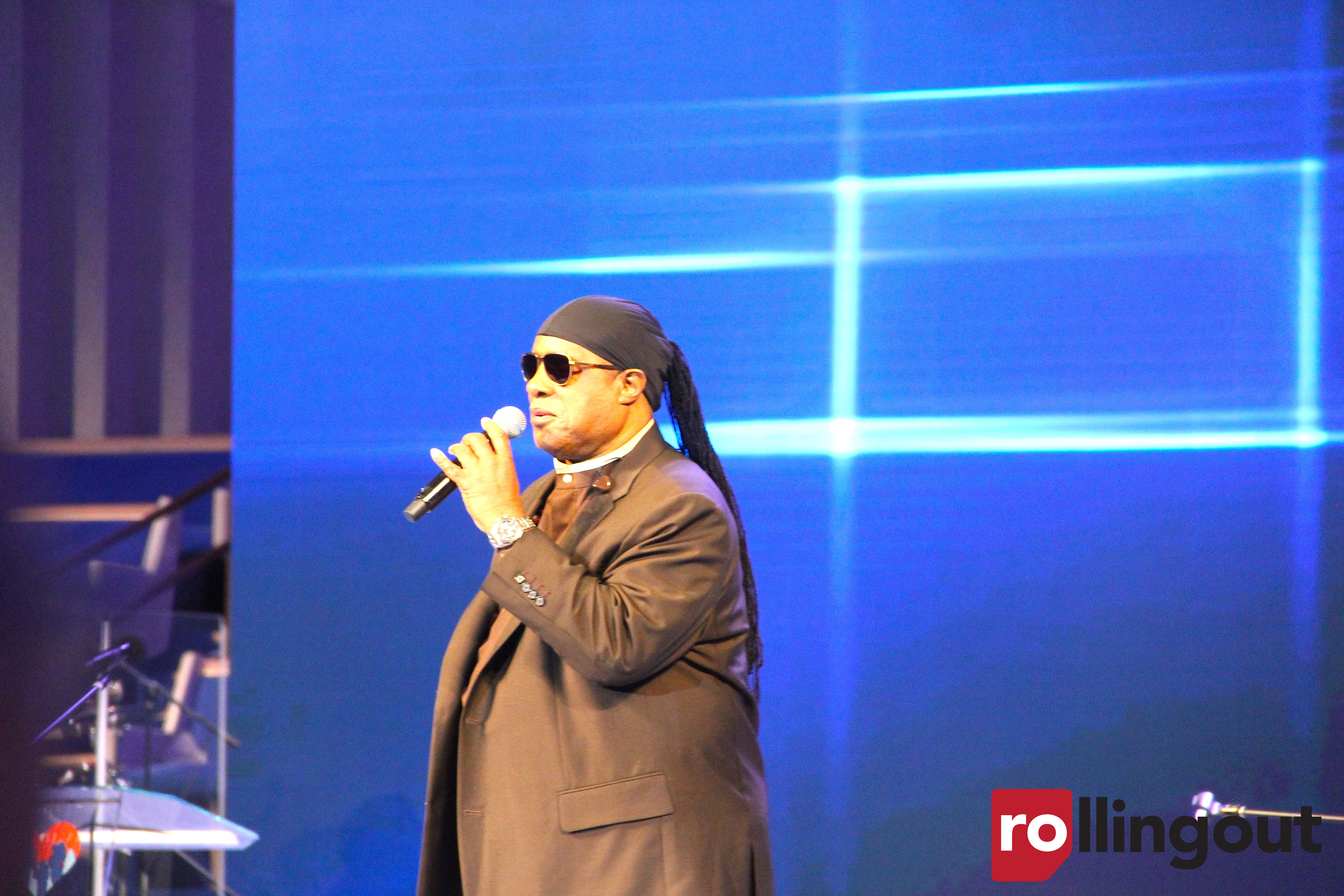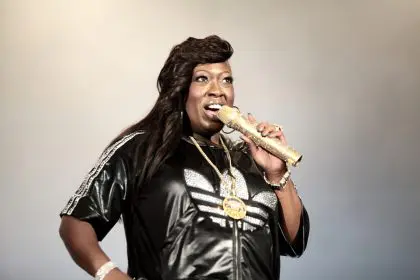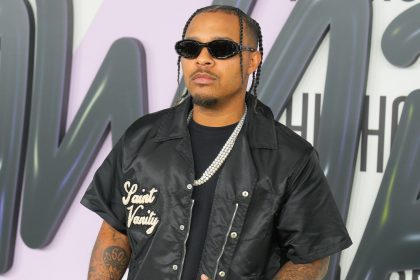At a moment when celebrity political engagement has reached unprecedented levels, Stevie Wonder’s recent departure from political discourse marks a significant shift for an artist whose career has been intertwined with social activism for over six decades.
The 74-year-old musical virtuoso’s decision to step back from political engagement arrives at a particularly charged moment in American history. His withdrawal from political discourse, expressed during an impromptu street interview, reflects a growing exhaustion with the current state of American political dialogue, particularly as the nation approaches another contentious election cycle.
Wonder’s stance represents a dramatic departure from his previous role as a prominent voice in political and social justice movements. His retreat from political engagement carries particular weight given his historic contributions to civil rights advocacy and his consistent presence at pivotal moments in American political history.
A legacy of activism meets modern cynicism
The evolution of Wonder’s relationship with political activism traces a complex arc through American history. From his early support of Martin Luther King Jr.’s movement to his instrumental role in establishing Martin Luther King Jr. Day as a federal holiday, Wonder’s activism has consistently aligned with transformative moments in civil rights history.
His recent withdrawal occurs against the backdrop of increasingly polarized political discourse and the transformation of social media into a dominant force in political communication. This shift highlights the changing landscape of celebrity political engagement, where immediate reactions often overshadow thoughtful dialogue.
The intersection of art and activism
Throughout his career, Wonder has masterfully woven social commentary into his artistry, creating anthems that addressed racial inequality, poverty, and social justice. Songs like “Living for the City” and “Higher Ground” demonstrated his ability to merge artistic excellence with political consciousness, establishing a blueprint for socially conscious music that continues to influence artists today.
His recent Democratic National Convention appearance represented what may now be his final major political engagement, delivering a message that emphasized unity and social progress. The contrast between that hopeful message and his current stance illustrates the rapid deterioration of political discourse in America.
Beyond political engagement
Wonder’s withdrawal from political discourse raises questions about the evolving role of celebrity voices in social movements. His decision to focus on “truth” rather than politics suggests a distinction between political engagement and moral clarity that resonates with many Americans experiencing similar fatigue with partisan politics.
This shift comes at a time when celebrity political statements face increasing scrutiny and skepticism from all sides of the political spectrum. Wonder’s choice to step back might signal a broader reassessment of how public figures engage with political issues in an era of intense polarization.
The resonance of retreat
The impact of Wonder’s withdrawal extends beyond his personal choice to disengage. His decision reflects a growing sentiment among Americans who feel overwhelmed by the constant stream of political content and controversy. This cultural moment suggests a potential shift in how society processes and responds to political discourse.
His emphasis on pursuing truth over political engagement offers an alternative framework for civic participation, one that prioritizes fundamental principles over partisan allegiance. This approach might resonate with audiences seeking authentic voices amid the cacophony of political commentary.
Wonder’s artistic legacy remains untouched by his political withdrawal, perhaps even enhanced by his willingness to acknowledge the limitations and frustrations of current political discourse. His career demonstrates that an artist’s impact can transcend political moments while remaining true to core principles of social justice and human dignity.
As the political landscape continues to evolve, Wonder’s decision raises important questions about the sustainability of constant political engagement and the toll it takes on public figures who have historically served as moral compass points in American culture. His withdrawal might ultimately be viewed not as an abandonment of principles, but as a strategic retreat to preserve the integrity of his voice for future moments of moral clarity.
This moment of transition in Wonder’s public life invites reflection on the changing nature of celebrity political engagement and the potential for finding new ways to advocate for social change beyond traditional political channels. As he steps back from direct political involvement, his legacy of combining artistic excellence with social consciousness continues to influence new generations of artists and activists seeking their own path through an increasingly complex political landscape.














